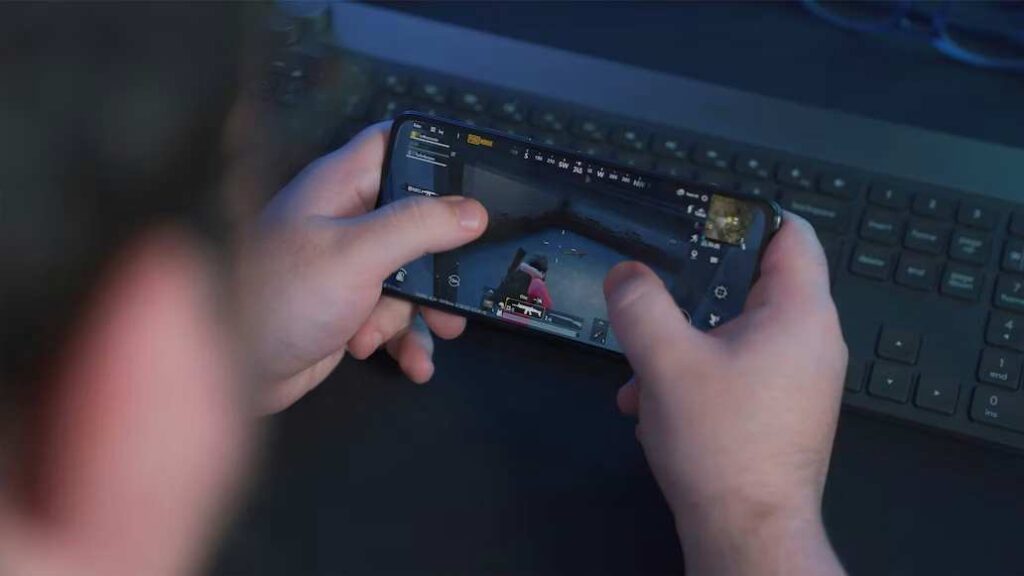Gaming, in all its various forms, has rapidly evolved into a billion-dollar industry. As games, both traditional and digital, increasingly become more strategic and competitive, there’s an escalating emphasis on understanding the underlying mechanics that dictate success. One such crucial aspect that seems to play a pivotal role in these strategic outcomes is probability. But how exactly does probability influence gaming strategies, and why should players care? Let’s dive deep and understand this intricate connection.
Contents
The Basics of Probability in Gaming:
Probability, at its core, is the measure of the likelihood that an event will occur. It’s a concept rooted deeply in mathematics and logic. In the world of gaming, whether you’re deciding the best move in a game of chess, predicting the next card in a deck, or strategizing about the outcome of a dice roll, probability serves as a guiding light.
For instance, consider a game like poker. While it’s largely based on strategy and psychology, understanding the probabilities of certain card combinations can significantly influence a player’s decisions and tactics.

Competitive Gaming and the Role of Chance:
Not all games are created equal. Some are purely skill-based, while others have a strong element of luck or chance. But even in games where chance plays a big role, understanding and calculating probabilities can provide players with a distinct competitive edge.
Take, for example, the popular game of live dealer baccarat. A player’s success isn’t purely based on luck; understanding the probabilities of the baccarat table can assist players in making informed bets and optimizing their strategies.
Balancing Skill and Probability:
It’s tempting to think that mastering the art of probability will instantly lead to gaming success. However, in the competitive gaming arena, probability is just one piece of the puzzle. Players also need to hone their skills, practice regularly, and stay updated with game dynamics.
Consider the game of chess. While there’s no element of chance involved, understanding the probabilities of certain moves leading to victory can be invaluable. It’s the combination of skill and strategic use of probability that elevates a player’s performance.
Enhancing Gaming Strategies with Probability:
When utilized correctly, probability can significantly enhance a player’s strategy. By predicting possible outcomes and understanding the likelihood of different scenarios, players can make more informed decisions, reduce risks, and optimize their chances of success.
Imagine being in a competitive digital game where you’re required to choose a pathway. By analyzing the odds and considering past patterns, players can choose the most promising path, increasing their chances of achieving their goals.
The Future of Probability in Gaming:
As games become increasingly complex and the competitive gaming industry grows, the importance of understanding and leveraging probability is bound to rise. With advancements in artificial intelligence and machine learning, players and developers alike will have more sophisticated tools at their disposal to dissect and utilize the intricacies of probability.
Conclusion
Probability isn’t just a dry mathematical concept reserved for textbooks. In the world of competitive gaming, it’s a dynamic tool that, when paired with skill and strategy, can be a game-changer. While it’s essential to recognize that probability can’t guarantee success, it certainly offers players a more informed perspective, allowing them to navigate the gaming landscape with greater confidence and prowess.
So, the next time you find yourself immersed in a game, whether trying to outwit your opponent in a strategic board game or hoping for the best in a round of live dealer baccarat, remember the silent influencer – probability. With it by your side, you’re not just relying on luck; you’re leveraging the power of calculated chances. And in the competitive gaming arena, that can make all the difference.



